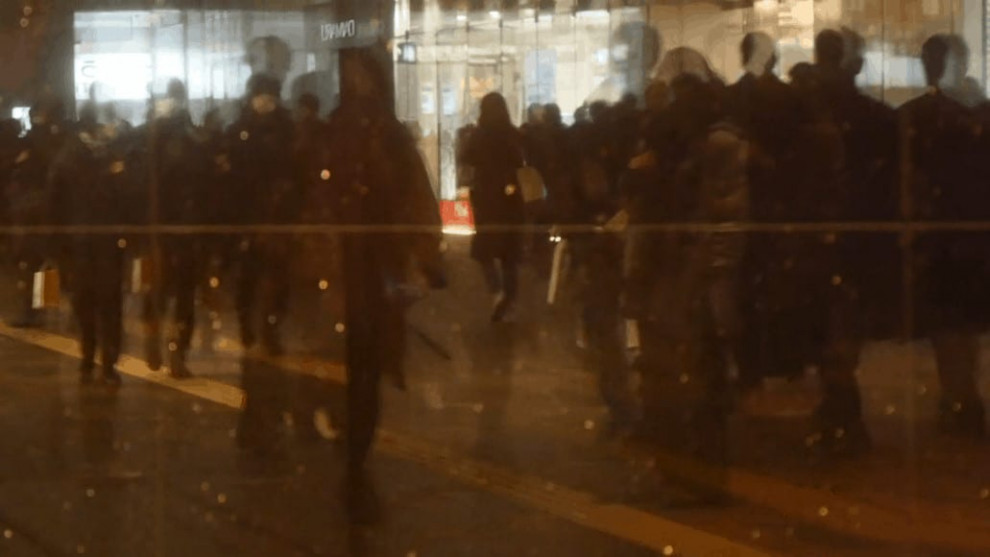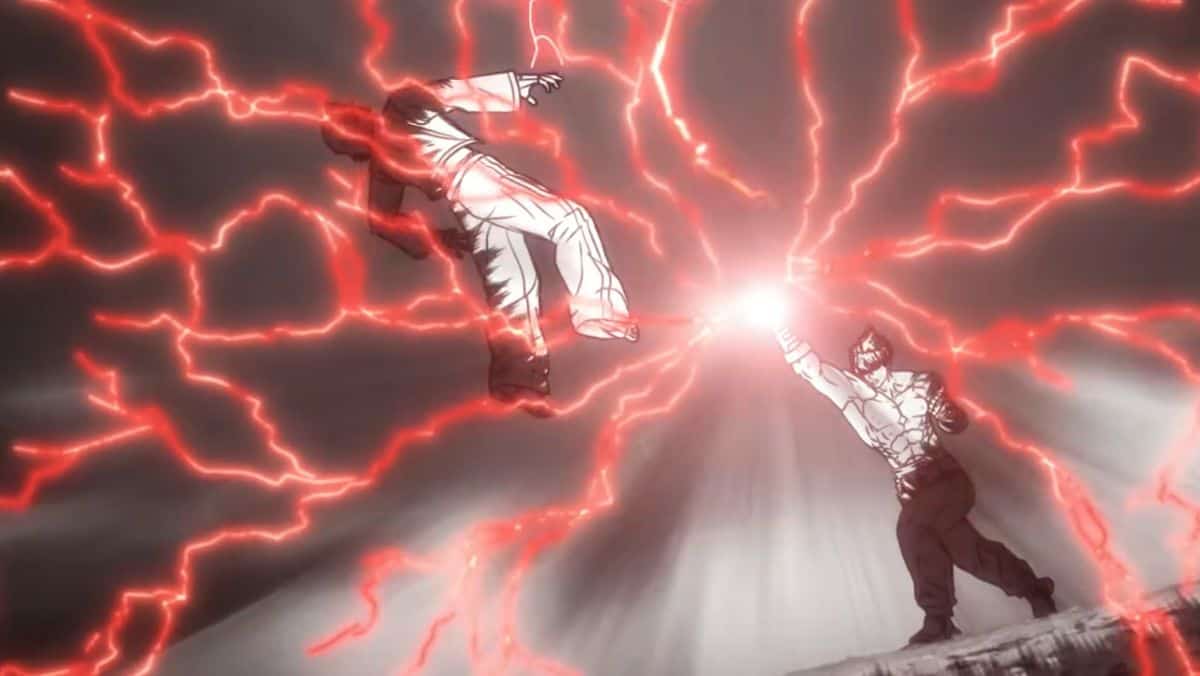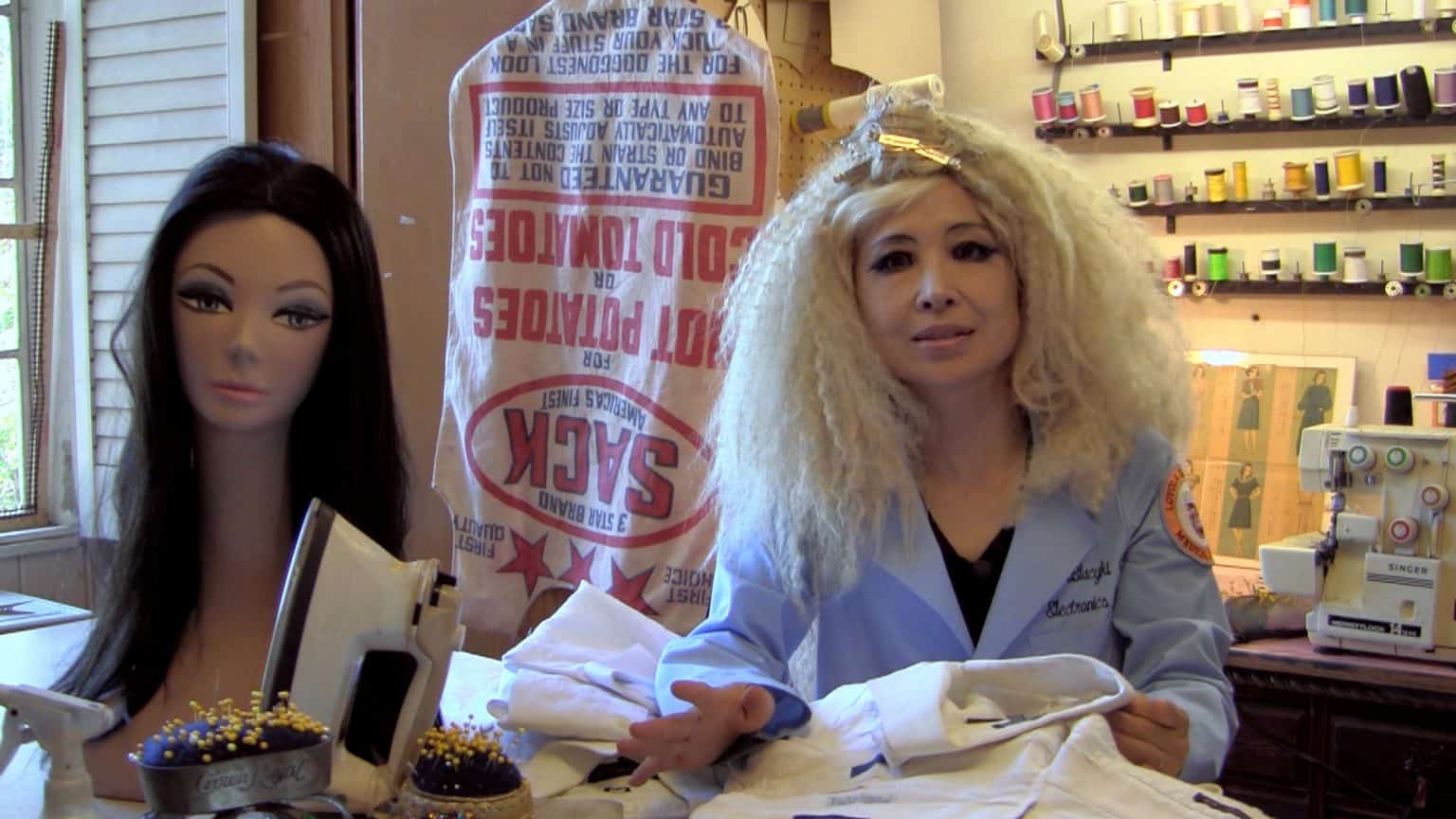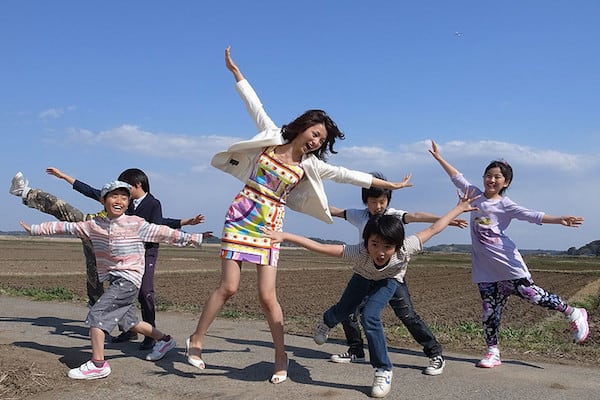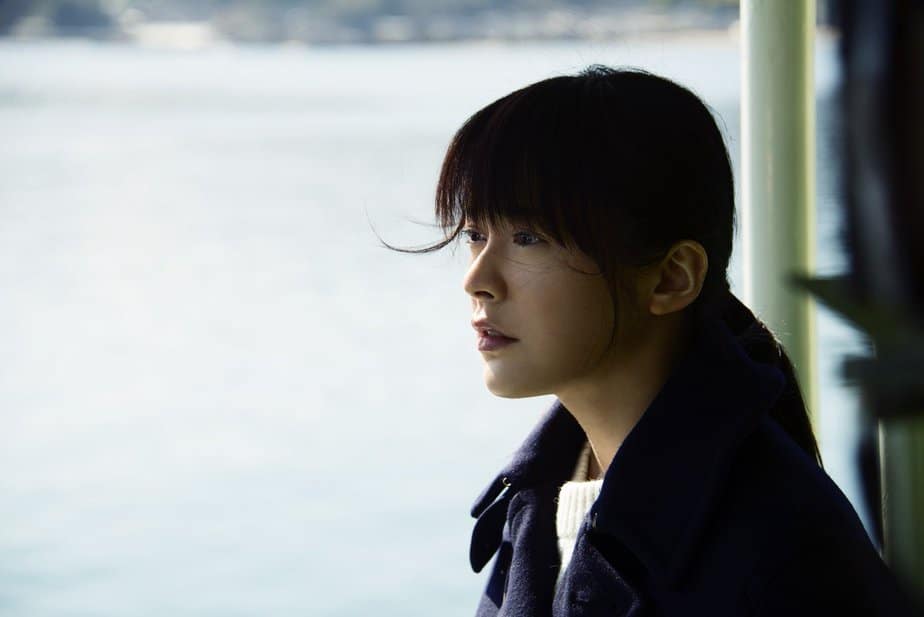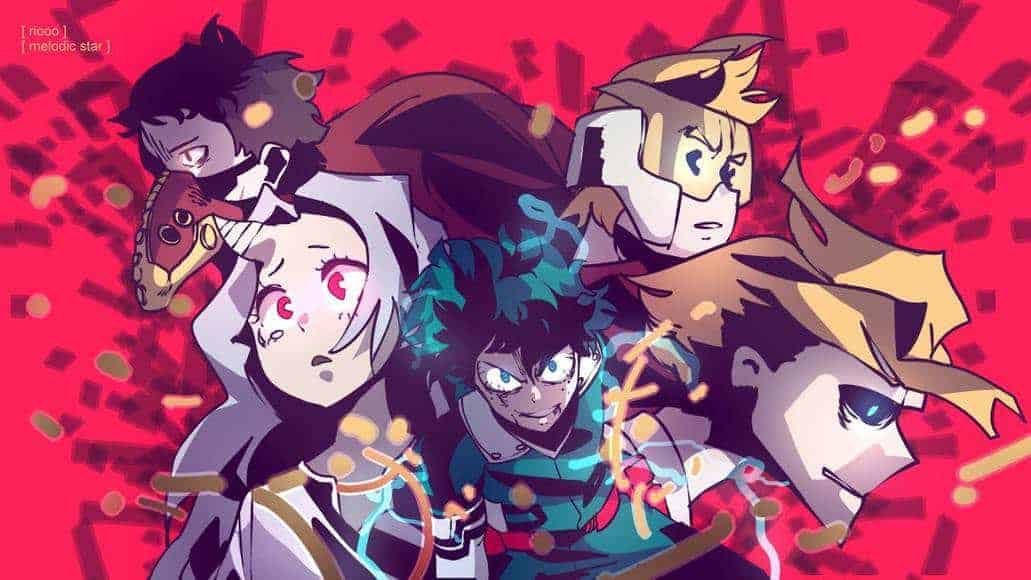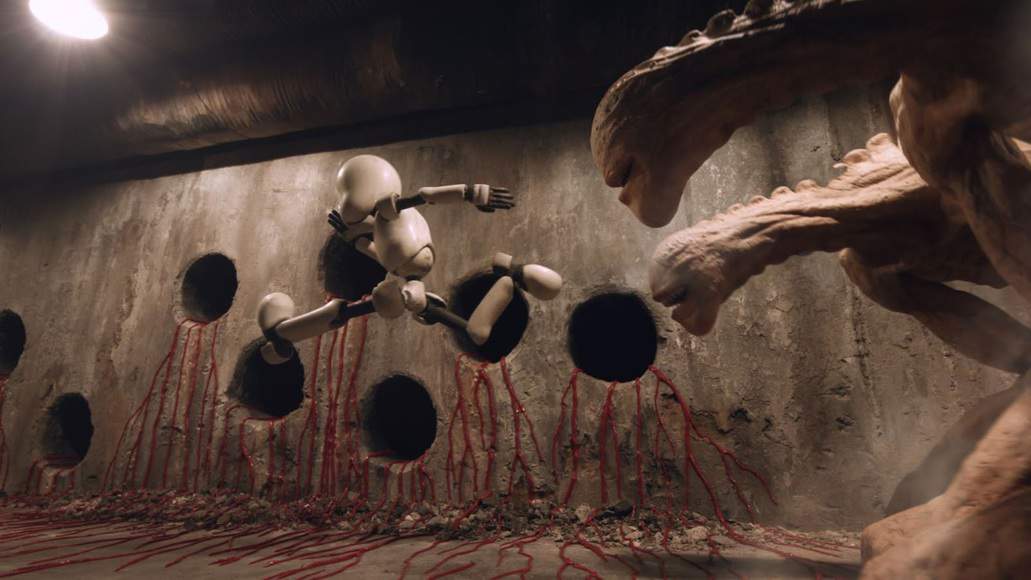Even though we take the noise and chaos of the modern world for granted most of the time, if we take a moment to really process it, we may get a feeling of being profoundly overwhelmed. For example, the texture of a metropolis like London, New York City or Tokyo serves those masses of employees, shoppers and commuters, and in doing so has become a multi-faceted moloch or jungle. At the same time, the architecture of the city, and therefore our world, invites many aspects – good and bad –, which have become side-effects of our way of life, from fast-paced consumerism to economic inequality.
“DIALOGUE” is screening at Japanese Avant-garde and Experimental Film Festival 2019

In order to approach these phenomena, Japanese experimental filmmaker Yuka Sato has chosen the perspective of the social recluse, the “hikikomori”. During the 17 minutes of running time, the viewer will be able to listen and see the experiences of a person who has excluded herself from society for a long time. Her first tentative steps back into the world, her attempts to have a dialogue with people and the world are accompanied by her processing the sensual overflow of the urban landscape around her.
In general, a film like “DIALOGUE” and its structure is fascinating for it consistently relies on the perspective of the narrator, in this case the “hikikomori”. Although we may define the images of urbanity as everyday life, the emotional distance, the contrasting feelings of anxiety and curiosity become evident in the nature of the images as well as the narration. Eventually the city transforms into a new entity, a habitat of so many people and places which we are invited to experience through the eyes of the narrator.

However, Sato's short film does not only rely on the visual sense to make its point. The impressive sound design along with the images define the rich texture of the urban sphere as well as the moods of the narrator changing from a sense of calm to sensual exhaustion. Additionally, we can sense the feelings of wonder and awe of the narrator when she says: “Everybody looked like a hero”. In the end, the blend of what she has seen and felt may boil down to statements like this displaying her drive to enter this world, but also to maintain an emotional safe spot for herself.
In conclusion, Yuka Sato's “DIALOGUE” is a fascinating film providing a unique look at modernity through the eyes of a person who has chosen to stay away from our world and wants to re-enter it. Through its great blend of impressive visuals and sound, this short feature sheds a light on how our world may be seen through the eyes of those often overwhelmed by it.


